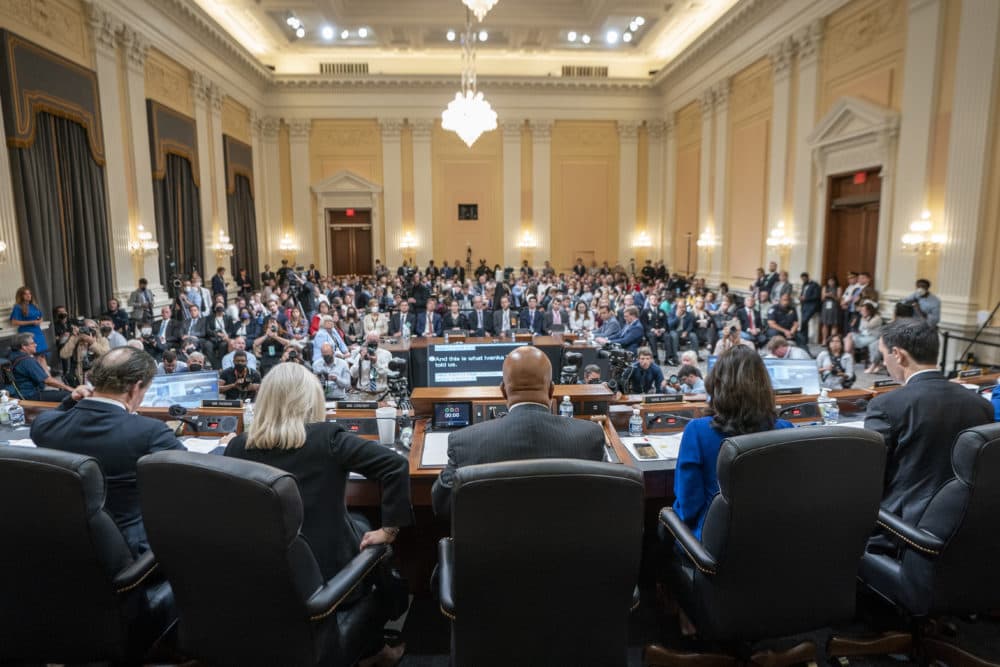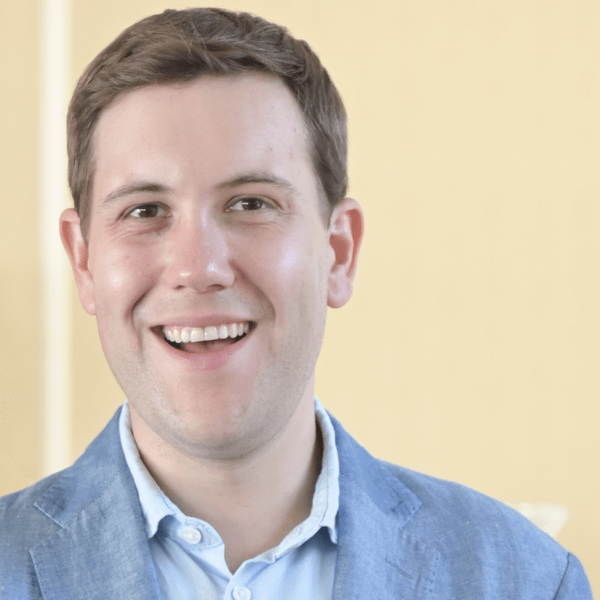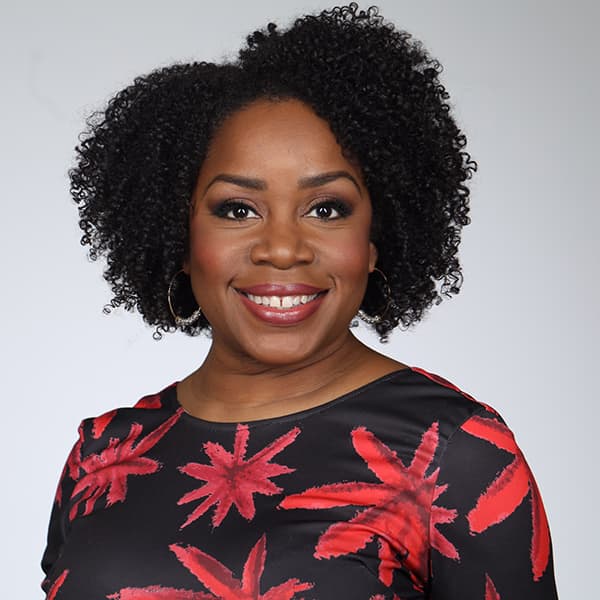Advertisement
What the Jan. 6 committee learned about the Capitol attack, 18 months later
Resume
On Jan. 6, 2021, a mob tried to hunt down the Vice President as his security detail worked to protect him.
"The members of the VP detail at this time were starting to fear for their own lives," a former White House security official said. "There were calls to say goodbye, family members, so on, so forth."
Donald Trump could have called on the armed rioters to stand down. But instead, for 187 minutes, he sat in his private dining room, watching television and ignoring his advisers.
Today, On Point: Jan. 6 committee member Jamie Raskin on what we’ve learned and what there is to know.
Guests
Rep. Jamie Raskin, U.S. representative for Maryland's 8th congressional district. Member of the U.S. House Select Committee on the January 6 Attack. (@RepRaskin)
Rosalind Helderman, political enterprise and investigations reporter for The Washington Post. (@PostRoz)
Jack Beatty, On Point news analyst. (@JackBeattyNPR)
Transcript: A conversation with Rep. Jamie Raskin
Kimberly Atkins Stohr: So the hearing last night focused squarely on what President Trump did and did not do as rioters stormed the Capitol. Your colleague, Congressman Adam Kinzinger, distinguished between a failure to act and a choice made by Donald Trump not to act. What's the importance of that distinction?
Rep. Jamie Raskin: Well, you've got to see the president's failure to act or refusal to act over that 3 hours-plus as part of a continuing course of conduct, right? He had convoked the mob that. He assembled the mob. He incited the mob. He directed them at the Capitol. He knew that they were armed. And then he sat back like a guard at a bank, watching the bank robbers go in and, you know, do their job. So what he was saying was, you know, we're not arraigning him in a moral sense on just his obvious and outrageous dereliction of duty on that day, but that dereliction of duty was part of a pattern of his orchestrating this assault on democracy.
Atkins Stohr: So Rep. Kinzinger also said the committee would recommend legislative action to guard against another insurrection. What do you think is needed? For example, as Vice Chair Cheney said at the end, intimating that nobody who violates their oath should hold office again. Does Congress need to pass a law that would prevent that?
Rep. Raskin: Well, Congress may need to pass a law, but it would just be implementing a preexisting constitutional command. Section three of the 14th Amendment says that nobody who has sworn an oath to uphold and defend the Constitution against enemies, foreign and domestic, and anyone who violates that oath and participates in insurrection or rebellion, should ever be able to hold office again at the federal or state level. The radical Republicans put that in the Constitution after the Civil War. It's not self-executing, which means Congress may in this century have to develop the machinery for making that constitutional command real. So that's one possibility.
I think she was also sending a message to the Republican Party, to her party, saying that's something that should be internalized by Republican leaders. And, you know, I think it was important for us to show Kevin McCarthy and Sen. [Mitch] McConnell and others at the time absolutely deploring the events of January 6, and Kevin McCarthy saying that these actions cannot be defended, and no one should defend them. And then, you know, time passes, and memories fade a bit. And then suddenly everybody participates in a kind of political conspiracy of silence around what had happened. And we're not going to allow that to happen because our democracy is just too precious.
Atkins Stohr: So in making the point as to what the president was seeing in real time, the committee played clips from what Fox News was showing on January 6. And the hearing itself last night was covered by every major news network except one, except Fox News. Are you concerned that your message is not being heard by a large part of the audience that needs to hear it the most?
Rep. Raskin: I think that Donald Trump and his remaining followers are concerned that our message has actually penetrated the sound barrier. Something like 90 or 95 percent of Democrats are absolutely convinced of Donald Trump's culpability. I think more than two-thirds of independents, according to the polls I've seen, are convinced of it and believe the evidence that we've shown. And growing numbers of Republicans somewhere in the neighborhood of 25, 30, 35 percent understand that the “big lie” is a lie, and that this was indeed an attempt by Donald Trump to overthrow the election.
So I think the concerns are the other way. Otherwise, they'd be showing the hearings. But look, in a freedom-loving, democratic society, you can't keep the truth away from people. And they would like to think that, you know, Donald Trump's followers, all you know, tens of millions of them are in a religious cult, and they can just be told to sleep on the floor and listen to their tapes. But, you know, everybody has families. Everybody's got friends. Everybody's talking about this. And people have access to the Internet. And I think more and more of Trump's followers are going to start to defect from that cult.
Atkins Stohr: So we did hear some evidence from some members of the Vice President's security detail fearing for their own lives. Meanwhile, this week, the DHS inspector general directed the Secret Service to halt its own internal probe of text messages that had been purged so that it does not “interfere with an ongoing criminal investigation.” The investigation into these missing text messages – it's extraordinary. But can you talk about what that means for the committee and its investigation?
Rep. Raskin: Well, look, we've seen lots of different attempts to circumvent the authority of our committee. We have won pretty much in every case in court against people in vain asserting an executive privilege or former executive privilege or whatever.
We've seen other people kind of dodge and dance and try to hide beneath the covers, but overwhelmingly people have co-operated with the committee. We've had more than a thousand witnesses, and the truth is coming out. So people might think that they're clever in trying to hide evidence or conceal evidence or destroy evidence. And I don't know what happened with respect to all of these texts that mysteriously disappeared for January 5 and 6. But we will get to the bottom of it. I have no doubt about that. I'm really confident about it. And in any event, all of the basic elements of the story are absolutely clear to anybody who is willing to use a critical thinking mind.
Atkins Stohr: Vice Chair Liz Cheney also indicated at a previous hearing that there was evidence of witness tampering. She said she turned it over to the Department of Justice. Has there been any more evidence that the former president or anyone else attempted to coerce or intimidate any January 6 witnesses?
Rep. Raskin: Well, all the evidence we have from witnesses has been turned over, and we will continue to turn over that evidence. It's amazing to me that, you know, even with the whole world watching, that there would be attempts to interfere with witnesses. But that just reveals the desperation of the former president, who is kind of like the emperor with no clothes at this point. The whole world can see exactly what he tried to do with his multipart effort to overthrow a presidential election, staging a coup against the Constitution and the people of the United States, and then incite a violent insurrection against the Capitol, our police force, the vice president and the Congress. So, they all of the truth will be known.
Atkins Stohr: So, your work is separate from what the DOJ is doing in its investigation. Earlier this week, Attorney General Merrick Garland said that it was one of the biggest investigations that the department has ever done. What do you want the DOJ to do?
Rep. Raskin: Justice.
Atkins Stohr: And what does that look like?
Rep. Raskin: Well, you know, the Department of Justice is part of the executive branch. And traditionally, basically up until Donald Trump, there's been a basic respect for the independence of the law enforcement function. Richard Nixon got into similar problems with the – was it a Friday night or a Saturday night massacre? I don't remember which it was, but he tried to interfere with the operations of the Department of Justice to shield his own corruption and criminality.
You know, Donald Trump got into the habit of trying to dictate to the Department of Justice – who were they going to prosecute? Who were they not going to prosecute? He tried to usurp all of those. And, you know, we saw the terrible results of that. So I try to demonstrate as much as possible my respect for the independence of the law enforcement function. I am not going to lecture them about how to do their job or what job to do.
I'm happy to help explain to the public what the criteria are that they operate on. I mean, when they're looking at whether or not to bring a case, they look at the gravity of the offense. In this case, it's difficult to imagine a graver crime by a US president than attempting to overthrow our constitutional order and install themselves for another four years at least. We look at it to what extent we need to deter this kind of misconduct. And that's obvious. We cannot be having coups and insurrections and political violence unleashed by presidents against our own system of government.
And then we look at the culpability of the defendant, which again to me seems completely obvious. But what it seems like to me is really irrelevant because the Department of Justice, they have the greatest investigators and investigative resources in the world at their disposal. They've brought more than 850. It might be 900 cases so far against people who smashed our police officers in the face and broke our windows and interrupted the peaceful transfer of power for the first time in American history.
They certainly have the resources at this point that we do, at the very least, to figure out how all of this came into being, because I don't think there's anybody in the country who believes that any of this would have happened had Donald Trump not decided to lie about who won the election and pursue his absolutely madcap determination to stay in office even when he had lost the election by more than 7 million votes across the country.
Atkins Stohr: All right, Congressman Jamie Raskin, a member of the House of Representatives Jan. 6 Committee, thank you so much for your time.
Rep. Raskin: Thanks so much for having me.
Interview Highlights
On the role of the Justice Department
Rosalind Helderman: We know that the Justice Department and the committee have different responsibilities and different focuses. … The committee is laying out a case, a moral case, really, for the country and also, we are told, is going to make recommendations for possible legal changes as a result of all this. It is the Justice Department that is responsible for conducting criminal investigations and ultimately making decisions about whether or not a person should be criminally charged.
We do know that there is an investigation underway. There was just a couple of weeks ago a pretty dramatic sweep of subpoenas and search warrants issued to people around the country, people who served as the so-called Trump fake electors, as well as people who organized that strategy, Jeffrey Clarke, a Justice Department official.
Justice Department investigations are supposed to be confidential. My guess would be that they are doing additional investigative techniques that are not yet public and we don't know are going on. And we also know Justice Department investigations tend to move very slowly. So my own view is, let's give it a little time and see what they come up with.
Is it possible for the moral case that the committee is trying to make to hold without accountability, which would come from the Justice Department?
Jack Beatty: Donald Trump has really benefited from morally chaste law men like James Comey and Robert Mueller. He has had break after break from such people. And as I look at Mr. Garland, I see the signs of that. I won't call it morally preening, but he is a very righteous man. And I rather wish that – who knows what's going to happen, but – the other candidate for his job was Doug Jones, the former senator from Alabama who prosecuted the Birmingham bombers, the men that killed the girls in that church in Birmingham two generations ago. He’s a man with some real substance and guts. And I just hope that that Mr. Garland can find within himself the resources to address the problem seriously.
You know, people say, he should think of healing the country. Jack Goldsmith, the prestigious lawyer, has said that. That needs to be one of the things he thinks about. And yet people argue today, two law professors in the New York Review of Books argue, no, that's not the job of an attorney general. That's a political question. His job is – what the president did, how does that stack against the law and the facts? And if they say he committed offenses and that they're prosecutable, and there's a possibility or probability of winning, they must go ahead and leave questions of, you know, will this tear apart the country? Those aren't those are political questions, not legal ones.
This program aired on July 22, 2022.

